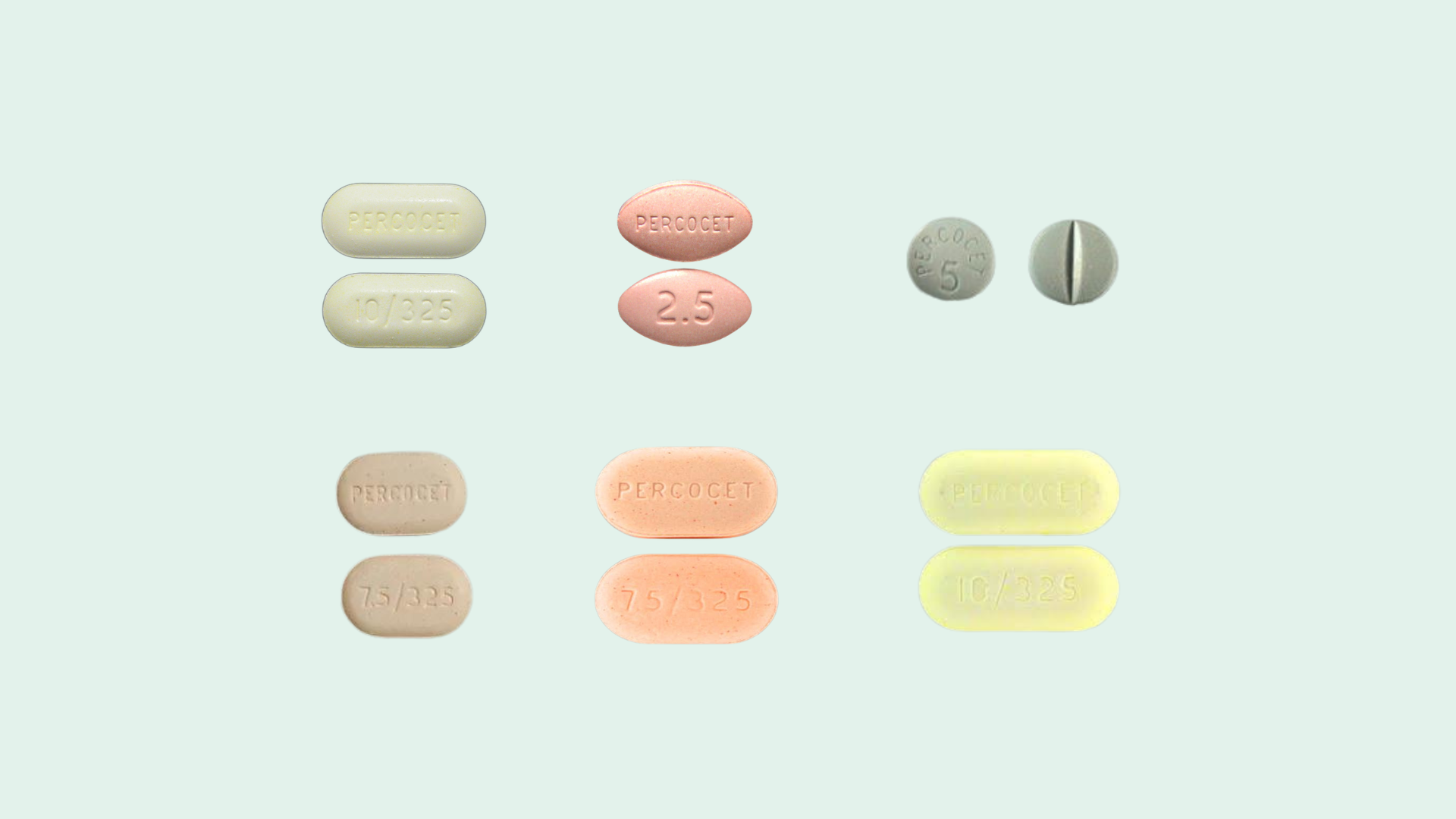Understanding Percocet Abuse and Addiction
Percocet is a commonly prescribed medication for the treatment of moderate to severe pain. It is a combination of oxycodone, an opioid that works to reduce pain, and acetaminophen, which helps relieve pain and reduce fever. When taken as prescribed, Percocet can provide relief without causing addiction. However, when misused or taken in higher doses, Percocet can produce a euphoric effect and lead to addiction.
Addiction to Percocet can develop when an individual repeatedly misuses the medication for self-medication or recreational purposes. The effects of oxycodone on the central nervous system can lead to dependence and withdrawal symptoms when the drug is not taken. Additionally, the overconsumption of acetaminophen can cause liver damage.
Physical and Behavioral Signs of Percocet Addiction
Recognizing the physical and behavioral signs of Percocet addiction is crucial in identifying a problem and seeking help. Some common signs include:Physical Symptoms:
- Slowed heart rate
- Weight loss
- Coordination and balance problems
- Constipation
- Insomnia
- Exhaustion and fatigue
- Slurred speech
- Withdrawal symptoms
Behavioral Symptoms:
- Attempting to borrow or steal money
- Using Percocet when it is dangerous to do so (e.g., combining with other drugs or driving)
- Taking the drug in greater quantities or for a longer period than intended
- Trying to obtain fraudulent prescriptions
- Failed attempts to reduce use
Psychological Signs of Percocet Addiction
In addition to physical and behavioral signs, Percocet addiction can also manifest in psychological symptoms. These may include- Impaired ability to focus or concentrate
- Memory problems
- Poor judgment
- Agitation
- Mood swings
- Anger
- Aggression
Impact of Percocet Addiction
Percocet addiction can have significant consequences on various aspects of an individual’s life. Some of the effects include:- Withdrawal or ostracization from family and friends
- Suicidal ideation and attempts
- Job loss and unemployment
- Financial devastation
- Family discord and strained relationships
- Eye problems
- Injuries sustained while under the influence
- Cardiovascular damage
- Sexual dysfunction
- Onset or worsening of co-occurring mental health disorders
- Poor academic and occupational performance
- Legal problems, including arrest and incarceration
- Increased risk of death due to overdose

